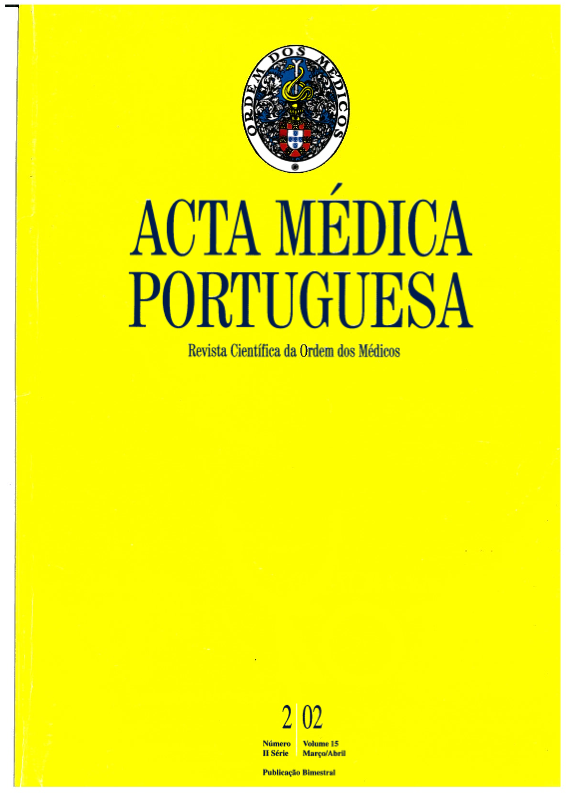Citometria de fluxo do ADN em tumores sólidos.
DOI:
https://doi.org/10.20344/amp.1918Resumo
This brief overview outlines the fundamental principles of flow cytometry with emphasis on DNA measurements and cell cycle analysis in human solid tumors. Type of material used, sampling processing procedures and methods of analysis of data are discussed. DNA ploidy and proliferative activity (S-phase fraction) are the two biological parameters commonly measured by DNA flow cytometric analysis. The prime purpose of most studies in this area is the investigation of the prognostic value of DNA flow cytometry in addition to the information provided by conventional clinicopathological factors known to affect disease prognosis. Numerous studies concerning the predictive significance of DNA flow cytometry in some types of solid tumors are reviewed in this article. The general statement, for tumors in the same histopathological stage of the disease, is that diploid and/or low proliferative tumors have a more favourable prognosis than aneuploid and/or high proliferative tumors, suggesting an important role of DNA flow cytometry in the assessment of tumor behaviour and in the outcome evaluation of the disease. However, in some studies this association could not be substantiated, and the prognostic relevance of DNA analysis has been questioned. The potential reasons for conflicting results, namely the methodological pitfalls related to the cell preparation techniques and the histogram interpretation are discussed.Downloads
Downloads
Como Citar
Edição
Secção
Licença
Todos os artigos publicados na AMP são de acesso aberto e cumprem os requisitos das agências de financiamento ou instituições académicas. Relativamente à utilização por terceiros a AMP rege-se pelos termos da licença Creative Commons ‘Atribuição – Uso Não-Comercial – (CC-BY-NC)’.
É da responsabilidade do autor obter permissão para reproduzir figuras, tabelas, etc., de outras publicações. Após a aceitação de um artigo, os autores serão convidados a preencher uma “Declaração de Responsabilidade Autoral e Partilha de Direitos de Autor “(http://www.actamedicaportuguesa.com/info/AMP-NormasPublicacao.pdf) e a “Declaração de Potenciais Conflitos de Interesse” (http://www.icmje.org/conflicts-of-interest) do ICMJE. Será enviado um e-mail ao autor correspondente, confirmando a receção do manuscrito.
Após a publicação, os autores ficam autorizados a disponibilizar os seus artigos em repositórios das suas instituições de origem, desde que mencionem sempre onde foram publicados e de acordo com a licença Creative Commons









